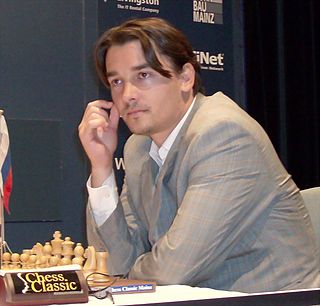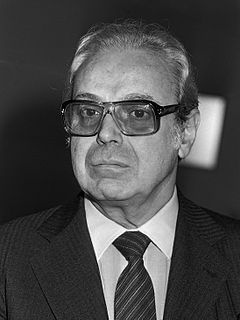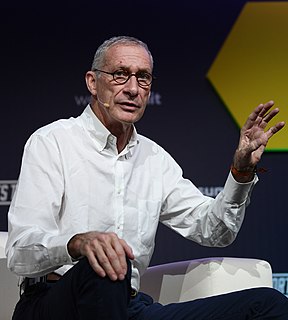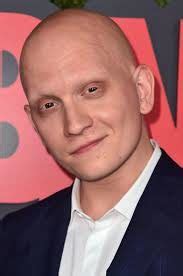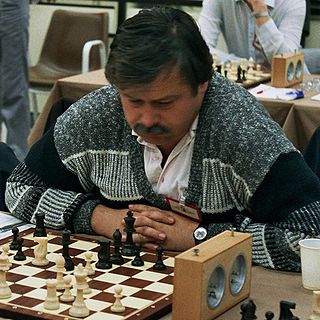A Quote by Benjamin Franklin
Life is a kind of Chess, with struggle, competition, good and ill events.
Related Quotes
Well, I kind of split my life into two pieces. One was where my chess career lies. There, I kept my sanity, so to speak, and my logic. And the other was my religious life. I tried to apply what I learned in the church to my chess career too. But I still was studying chess. I wasn't just "trusting in God" to give me the moves.
Human nature being what it is, peace must inevitably be a relative condition. The essence of life is struggle and competition, and to that extent perfect peace is an almost meaningless abstraction. Struggle and competition are stimulating, but when they degenerate into conflict it is usually both destructive and disruptive. The aim of political institutions like the United Nations is to draw the line between struggle and conflict and to make it possible for nations to stay on the right side of that line.
I started playing chess when I was about 4 or 5 years old. It is very good for children to learn to play chess, because it helps them to develop their mental abilities. It also helps to consolidate a person's character, because as it happens both in life and in a chess game we have to make decisions constantly. In chess there is no luck and no excuses: everything is in your hands.
Like Dvoretsky, I think that (all other things being equal), the analytical method of studying chess must give you a colossal advantage over the chess pragmatist, and that there can be no certainty in chess without analysis. I personally acquired these views from my sessions with Mikhail Botvinnik, and they laid the foundations of my chess-playing life.


